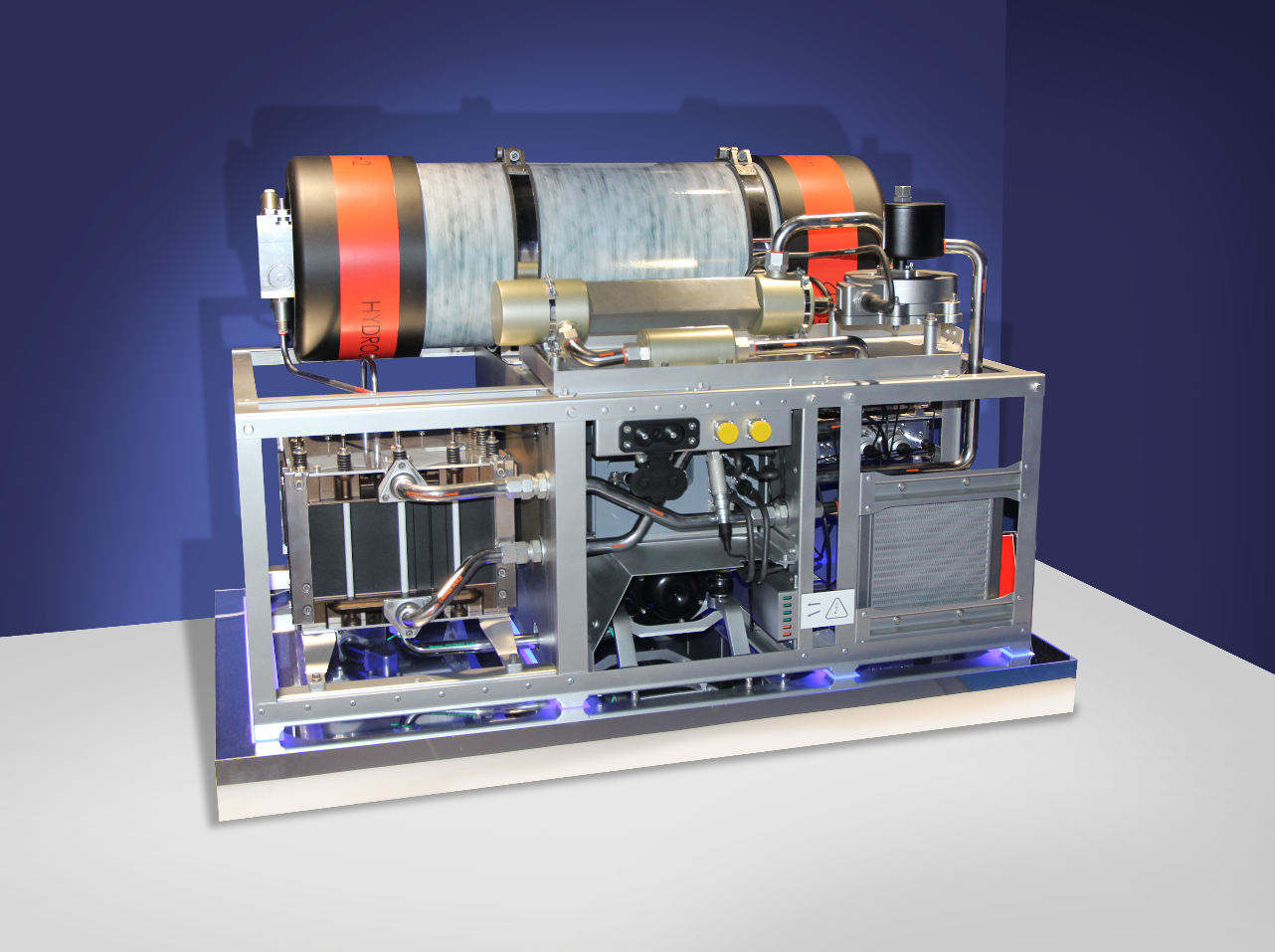A project led by Safran Power Units has received initial funding to develop a fuel cell system for autonomous on-board electrical power generation for medium-haul aircraft and business jets.
The PIPAA (Fuel Cells for Aerospace Applications) project has received €19.3m in funding from the Investments for the Future Programme, led by the Commissariat-General for Investment (CGI) and managed by Bpifrance, within the framework of the “Structural R&D Projects for Competitiveness” call for projects.
The project, which represens a total investment of €51.6m over five years, aims to develop and qualify a fuel cell system for the electrical power supply of aircraft systems, particularly electric ground taxiing solutions, with a view to reducing polluting emissions in airports.
PIPAA’s goal is to develop an autonomous on-board electrical power generation system for medium-haul aircraft and business jets, and to validate the entire hydrogen-power distribution and fuelling chain on an airport platform. Compact and lightweight, these electrical power generation systems combining fuel cells and hydrogen tanks will supply specific aircraft loads on the ground and in flight, significantly reducing the aircraft’s environmental footprint.
Safran Power Units will lead this project with partners easyJet, Dassault Aviation, Tronico (activities involving power electronics) and Ad Venta (for hydrogen storage and supply). These partner companies will contribute in particular to the on-board testing of the developed systems. The industrial partners will be assisted by the French Alternative Energies and Atomic Energy Commission (CEA), the National Polytechnic Institute of Toulouse (INPT) and the French National School of Civil Aviation (ENAC).
The PIPAA project, backed by the HyPort initiative, a meta-project in the Occitania region that aims to make Toulouse-Blagnac Airport the first zero-emissions airport in the world using hydrogen energy, is among the winners of the national “Hydrogen territories” call for projects and is certified by the Aerospace Valley competitiveness cluster.
Safran Power Units says it will build two demonstrators: an initial demonstrator to meet the on-ground electrical needs of an easyJet commercial aircraft, including the aircraft’s electrical taxiing system produced by Safran Landing Systems, and a second demonstrator designed to supply the electrical power required by a business jet, both on the ground and in flight.
The objective will be to reach TRL 6 level (the maturity level required in order to launch a development). By 2019-2020, Safran hopes that fuel cells will be ready for initial commercial applications.

